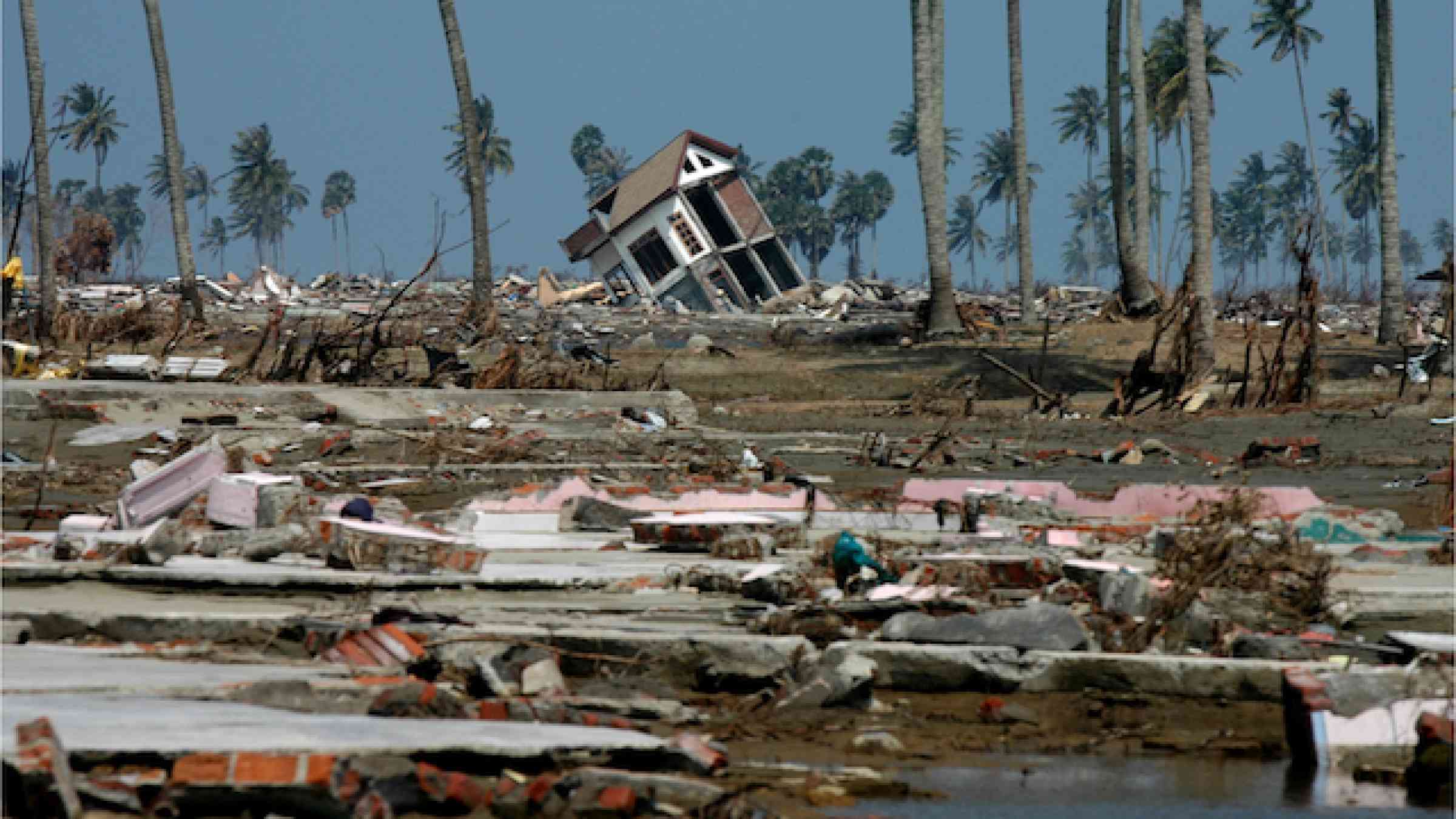Learning Labs: The Cost of Doing Nothing – Scenarios for investing in resilience
This learning lab provides knowledge and tool for local and regional governments to:
- Enhance understanding of risk and resilience
- Explore how decision making and budgeting scenarios can impact cities’ risk reduction and resilience in the short, medium and long term
- Reflect on workable decision making and financing solutions to risk reduction with multi-sectoral engagement
Interested participants are invited to register for the Learning Labs as soon as possible through this link.
Session objectives
The session objectives include:
- To discuss why it is important to invest in resilience and develop financing mechanisms for DRR
- To examine challenges local governments face in financing DRR and resilience actions
- To showcase instruments and examples to develop governance and financing mechanisms to accelerate local DRR and resilience actions
Documents
Learn more
Understanding the cost of doing nothing, taking into account the economic impact of disasters and developing financial mechanisms are essential for local and regional governments to implement DRR activities and plan for resilience. However, many local governments face various constraints. For example, some do not have legal authorities to develop financial planning for resilience in their cities and territories, some are often budget constrained and have to address many urgent needs with limited resources, and some have little fiscal autonomy to set taxes and are heavily dependent on intergovernmental fiscal transfers.
The mismatch between revenue and expenditures requires local and regional governments to develop a range of creative options for increasing financial resources and mobilize multiple local stakeholders and levels of governance to be able to implement DRR Action plans. This Learning Lab will invite participants to reflect on this challenge and discuss available options and resources for local and regional governments to integrate DRR and resilience building across all sectors and departments.
It builds on the first resilience learning module, jointly developed and launched by UCLG, UNDRR and UN-HABITAT in 2020 to support localization of the Sendai Framework for Disaster Risk Reduction and which covers the Fundamentals of Resilient Governance and Development for Local and Regional Governments
Session guiding questions
- Is your city or region threatened by disaster risks and the consequences of climate change?
- What could be the possible impacts in the short, medium and long term, taking into account financial, socio-economic and environmental factors
- Do you think your local government is able to integrate these future costs into their planning and actions today? Could it be better prepared to face crises and conflicts?
- What can local and regional government do to better mobilize financial resources to reduce disaster risk and enhance resilience?

Agenda
Location
BNDCC 2- Mezzanine Floor
Online access
Participation
Open to those registered for the conferenceDetails
Contact
Mutarika Pruksapong Mutarika.pruksapong@un.org